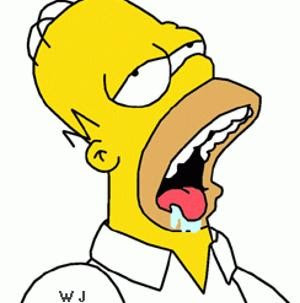muffler dragon
Bien. Bien chiludo.
Opening a thread for sharing about Jung/Jungian Psychology. I've always been fascinated with Psychology, and this is one discipline that particularly intrigues me. I first came upon Jungian Psychology with Tool's Aenima album. The basis of this psychology (according to wiki) is:
Analytical psychology - Wikipedia, the free encyclopedia
Anyone have anything to share on this consideration? I'm skimming the surface with my understanding of this. If there is any recommended reading for gaining a better knowledge of this Psychology; then I'd love to find out.
Analytical psychology - Wikipedia, the free encyclopedia
The basic assumption is that the personal unconscious is a potent part ? probably the more active part ? of the normal human psyche. Reliable communication between the conscious and unconscious parts of the psyche is necessary for wholeness.
Also crucial is the belief that dreams show ideas, beliefs, and feelings of which individuals are not readily aware, but need to be, and that such material is expressed in a personalized vocabulary of visual metaphors. Things "known but unknown" are contained in the unconscious, and dreams are one of the main vehicles for the unconscious to express them.
Analytical psychology distinguishes between a personal and a collective unconscious. (see below)
The collective unconscious contains archetypes common to all human beings. That is, individuation may bring to surface symbols that do not relate to the life experiences of a single person. This content is more easily viewed as answers to the more fundamental questions of humanity: life, death, meaning, happiness, fear. Among these more spiritual concepts may arise and be integrated into the personality.
Anyone have anything to share on this consideration? I'm skimming the surface with my understanding of this. If there is any recommended reading for gaining a better knowledge of this Psychology; then I'd love to find out.





